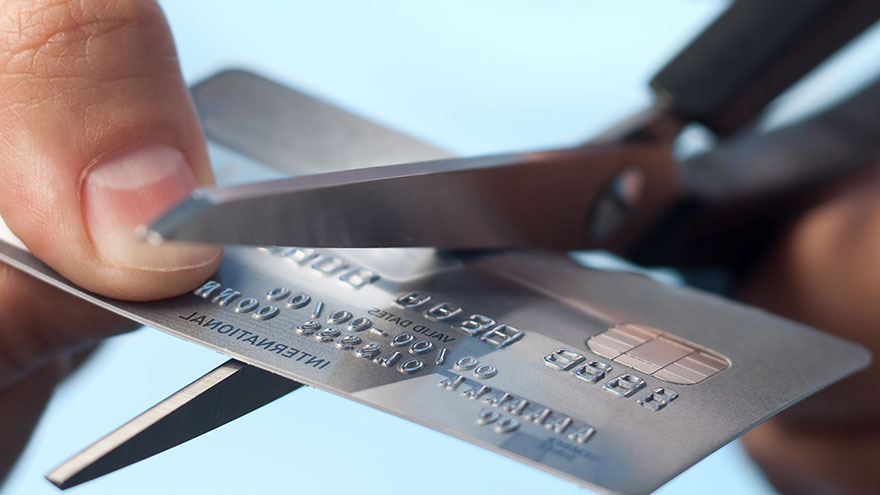How to Be Disciplined
People who are disciplined have clearly defined goals, a plan to monitor behavior and an accepting attitude toward setbacks.
Whether you are looking to lose weight, attain financial security or graduate from college, discipline is a skill you can learn to improve your chances of success.
Choose One Goal
Self-discipline requires mental effort, so it is best to focus on one area of your life at a time. If all at once you try to lose weight, go on a strict budget and spend all your free time studying, you may quickly deplete the mental energy needed to sustain your willpower in each area, warns behavioral science writer.
Wray Herbert, in the Association for Psychological Science article “Where Does Self-Discipline Come From?” Instead, choose one area in which to improve your self-discipline at a time.
If weight loss is the most important goal in your life right now, avoid making major changes in other areas and focus all your effort on a new, healthier you.

You Might Also Like : How to Manifest Your Goals
Monitor Your Behavior
Once you have identified an area in which you need to improve your self-discipline, develop a plan of attack to achieve your goal.
Choose a specific goal, track your behavior daily, and tell someone about your plan, advises psychologist Jonice Webb in the Psych Central article “Ten Steps to Learn Self-Discipline.”
For example, if your aim is to take a nice vacation each year, choose a dollar amount for the year and then calculate how much you need to set aside each week to pay for your vacation. Keep track of your progress, comparing your savings goal with the actual amount saved each week, and congratulate yourself each week that you meet your goal.
Tell your family and friends about your plans to zip line in Costa Rica or scuba dive in Australia, and your dream vacation will come closer to being a reality.

Avoid Self-Blame
If you do get off track in your plan toward self discipline, be careful not to engage in self-blame or self-directed anger, notes Webb. If you slip up and eat a few pieces of chocolate cake when you are supposed to be monitoring your food intake, be compassionate with yourself.
Understand that even successful people fail sometimes, and self-discipline means having the ability to keep going after setbacks.
Instead of lowering your self-esteem by attacking your self-worth, boost your confidence with statements such as “Everybody has weak moments” or “That was just a slip up, I am determined to continue eating healthy food.” Think about why you had a lapse in judgment — perhaps you were tired or emotionally drained — and identify better ways to cope in the future.

You Might Also Like : How to Change a Self-Image
Find Your Motivation
At the heart of self-discipline is motivation, as discussed in the American Psychological Association article “The Psychological Science of Self-Control.” To have self-discipline, you need to find a reward that motivates you to put in extra effort when the journey seems long.
Perhaps a photo of your favorite vacation destination posted on your cubicle wall is what drives you, or an outfit that you want to wear when you reach your goal weight. In the same way, allowing yourself little indulgences, such as a chocolate truffle or a dollar store purchase, might be enough to boost your willpower and motivation to continue towards your goal.
When you are truly motivated, self-discipline will be much easier to attain.

Check out the video version of this article on YouTube

